Albert Einstein– one of the most famous scientists in the world. His famous image with tousled hair is so entrenched in people’s minds that it is he who is primarily associated with the word “scientist.” Without Albert Einstein, the world would be significantly different in terms of scientific and technological development. For example, without his theory of relativity, we would perceive time and space completely differently. His formula E=mc² became the basis for the development of nuclear physics and atomic energy. Albert Einstein's life was full of sharp turns, he knew very influential people and had a good sense of humor. We bring to your attention a few facts about the famous theoretical physicist that you might not know.
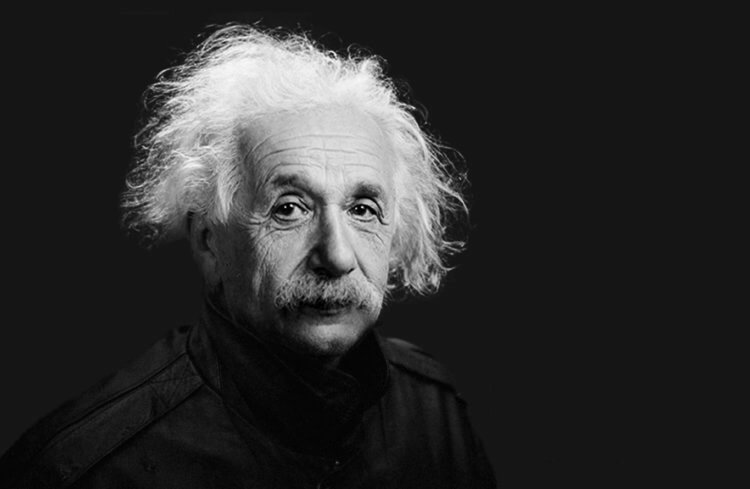
Albert Einstein is a Swiss, German and American theoretical physicist who changed the world. Image source: lenta.ru
Contents
- 1 Albert Einstein discovered the “speed limit” in space
- 2 Why Albert Einstein received the Nobel Prize
- 3 Albert Einstein’s birthday coincides with the number Pi
- 4 How Albert Einstein studied at school
- 5 Albert Einstein played the violin
- 6 Who did Albert Einstein work
- 7 When did Albert Einstein make scientific discoveries
- 8 Albert Einstein and Charlie Chaplin were friends
- 9 There was an FBI file on Einstein
- 10 Albert Einstein could have become president
- 11 Albert Einstein's Brain Was Stolen
Albert Einstein Discovered the “Speed Limit” in Space
Albert Einstein made many scientific discoveries that greatly impacted the world. For example, in 1905 he explained the photoelectric effect and also spoke about the phenomenon of Brownian motion.
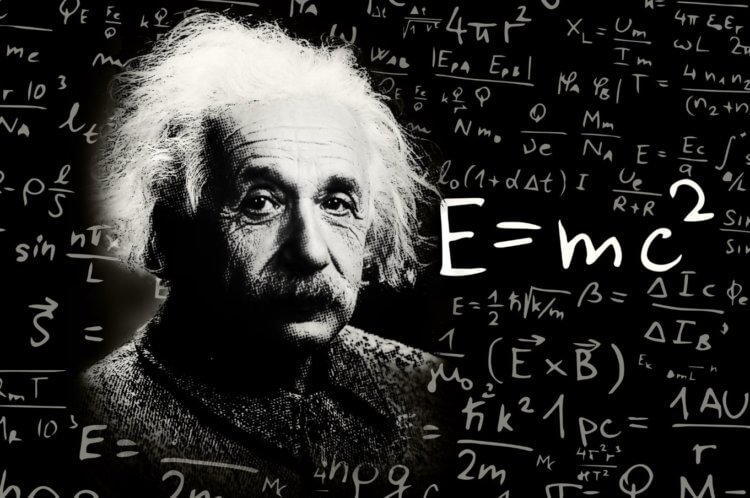
The theory of relativity is the main scientific discovery of Albert Einstein. Image source: techstartups.com
But Einstein's most famous discovery is the theory of relativity, which explains the relationship between mass, time and space. According to Space.com, it suggests that as an object approaches the speed of light, its mass and energy become infinite. Based on this, it turns out that space has a strict “speed limit” – no object can move faster than the speed of light.
More details:What is Einstein's General Theory of Relativity?< /p>
Why Albert Einstein received the Nobel Prize
Everyone has probably heard about Albert Einstein’s Theory of Relativity, including even people who are not interested in science. You might think that the scientist received the Nobel Prize for this discovery, but no – the award was given to him for a completely different merit.
The Nobel Prize was awarded to Albert Einstein in 1921 forexplaining the photoelectric effect. The theoretical physicist explained that the photoelectric effect is when light falling on the surface of certain materials knocks electrons out of them. It turned out that light consists of quanta (or photons), each of which carries a certain amount of energy. When a photon interacts with electrons in a material, it transfers its energy to them, which allows the electrons to leave the material.
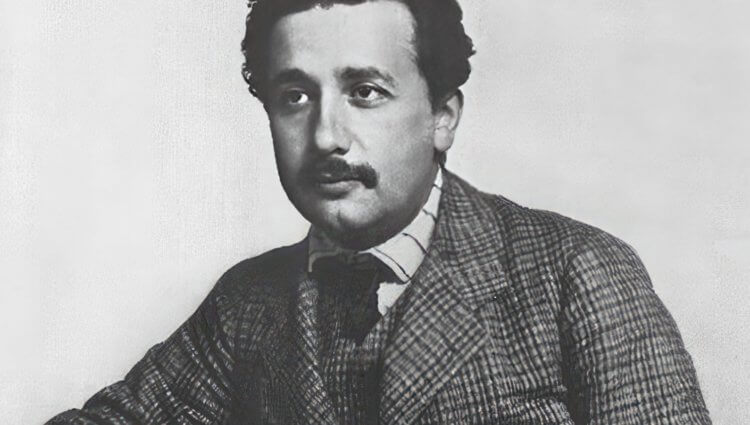
Young Albert Einstein. Image source: uznayvse.ru
Some people still criticize the Nobel Committee for not awarding the scientist for the Theory of Relativity.
Read also: Why there is no Nobel Prize in mathematics
Albert Einstein's birthday coincides with the number Pi
Albert Einstein was born on March 14, 1879 in Germany. Surprisingly, March 14 is a special date because in numerical terms it coincides with the first three digits of the mathematical number Pi: 3.14. Because of this, Einstein's birthday is also considered Pi day.
How Albert Einstein studied at school
There is a myth that Albert Einstein was a bad student at school. But this is not true, and rumors about his poor academic performance are due to the fact that he had problems with speech. They did not prevent him from getting good grades in mathematics and physics, especially since they disappeared over time.
In addition, little Albert Einstein did not like some teachers. He can be understood because one teacher told him that “nothing good will happen in his life.” Fortunately, conflicts with teachers could not lead the boy astray from his scientific path, and at the age of 12 he independently read a textbook on geometry.
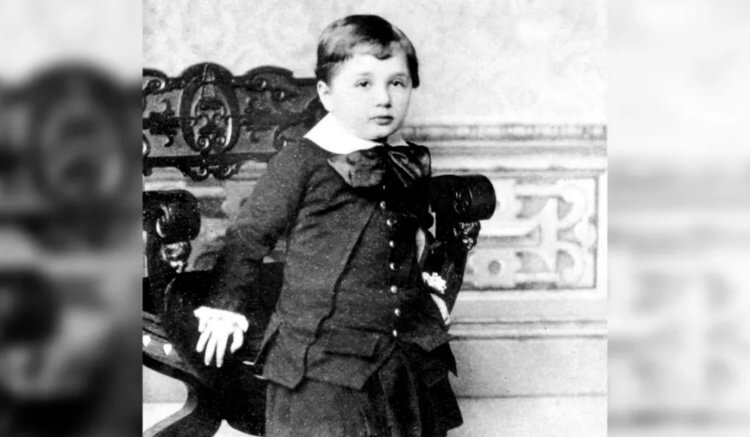
Albert Einstein as a child. Image source: livescience.com
It is believed that Albert Einstein began to become interested in science at the age of 5. He was interested in what invisible forces made the needles of his compass move. We can say that since then he devoted his life to the search for these forces.
Albert Einstein played the violin
Besides science, Albert Einstein had other hobbies. For example, at the age of 5 he was enrolled in violin lessons. At first the boy did not like music, but after meeting Mozart he fell in love with it and played the violin until old age.
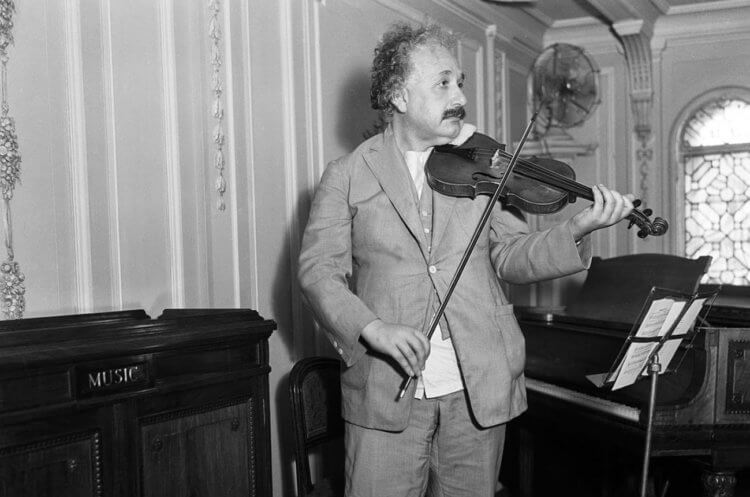
Albert Einstein plays the violin. Image source: nastroenie.tv
Who did Albert Einstein work
As can be understood from everything written above, Albert Einstein had a penchant for science from early childhood. However, after graduation, he was not able to immediately become a scientist. After University, he was denied all academic positions for which he could apply.
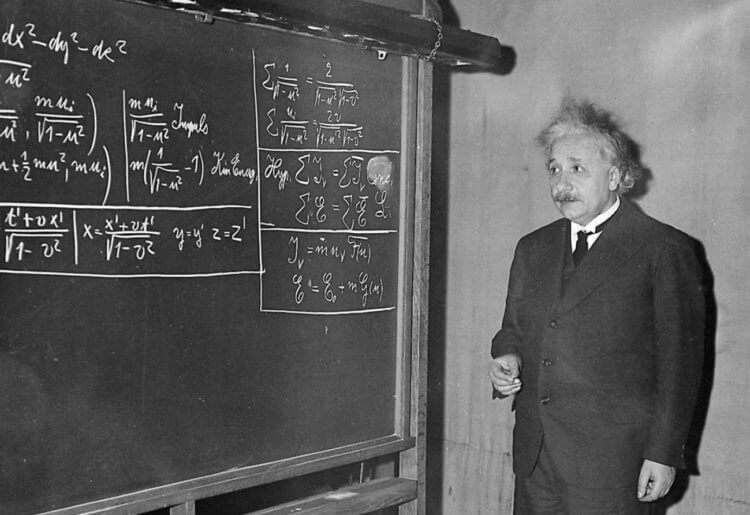
Albert Einstein didn't become a scientist right away. Image source: involta.media
After a series of failures, he began working evaluating patent applications for the Swiss government. This was not what he wanted to do, but in the end he was glad that he had the opportunity to work in such a place. He said he had plenty of time to “focus on solving the physics problems that underlie our world.” Perhaps, if not for this work, he would not have been able to make some of his discoveries.
You will be interested:How Einstein became the most popular scientist in the galaxy
When Albert Einstein made scientific discoveries
For Albert Einstein and the rest of the world, 1905 became the “year of miracles.” The fact is that during these twelve months the famous theoretical physicist published his famous scientific works on the topic of the photoelectric effect, Brownian motion, as well as two articles on the theory of relativity. It was a very productive year!
Albert Einstein and Charlie Chaplin were friends
Without any exaggeration, Albert Einstein is a true “rock star” of science. He was known to many influential people, and even the legendary actor Charlie Chaplin. In 1931, the Nobel laureate and his wife were even invited to the premiere of the film City Lights. There is evidence that Charlie Chaplin then said to Albert Einstein: “People applaud me because everyone understands me, and they applaud you because no one understands you.”
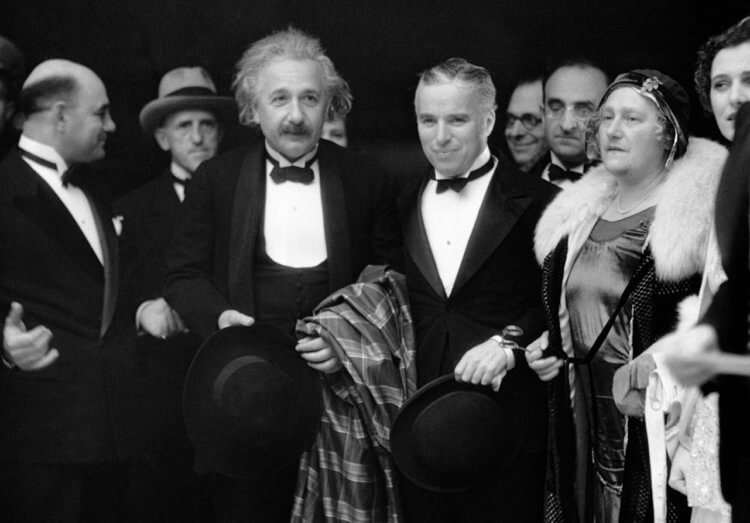
Albert Einstein and Charlie Chaplin. Image source: vokrugsveta.ru
The FBI had a file on Einstein
Albert Einstein was a very influential man. A pacifist, he fled Germany during wartime and became a target for the Nazis. When he learned that Nazi Germany might be working on developing an atomic bomb, he warned the US authorities about it. After the bombings of Hiroshima and Nagasaki, he teamed up with other scientists and began warning people about the dangers of the atomic bomb. He seemed suspicious to the US authorities, so the FBI compiled a 1,400-page dossier on him.
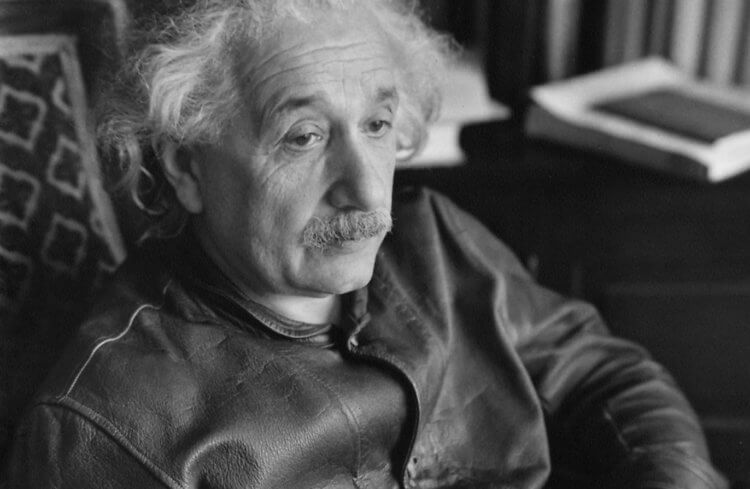
Albert Einstein was clearly one of the most influential people of the 20th century. Image source: newscientist.com
Albert Einstein could have become president
As a celebrity who showed the world his genius, Albert Einstein was a very authoritative person. In 1952, he was even offered to become President of Israel. But in those days the scientist was already old and, moreover, he had no experience in “correct communication with people.” Therefore, he refused such an offer.
Strange habits of Albert Einstein:what can you learn from a genius?
Albert Einstein's brain was stolen
Albert Einstein died on April 18, 1955 due to a ruptured aorta. After his death, pathologist Thomas Harvey stole his brain for study – he was curious about the genius of the great theoretical physicist. Everyone knew about this, but nothing bad happened because the scientist’s son gave him permission to conduct research.
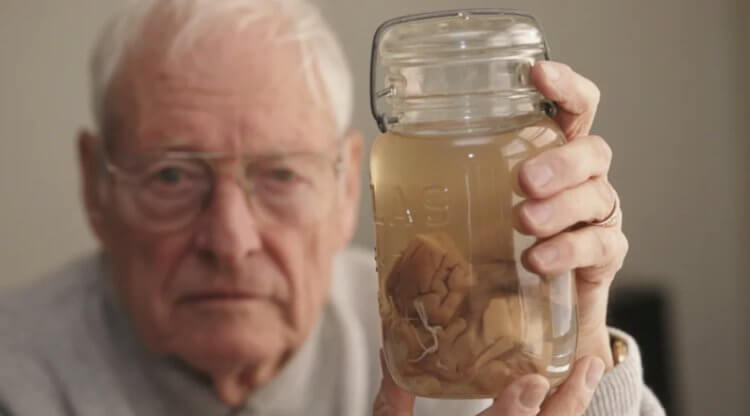
Albert Einstein's Brain Was Stolen for Study. Image Source: livescience.com
Be sure to subscribe to our channels in Zen and Telegram. This way you won't miss a single interesting article!
Without any exaggeration, Albert Einstein is one of the greatest scientists in the history of mankind. We highly recommend reading our selection of his 15 best quotes on science and life.